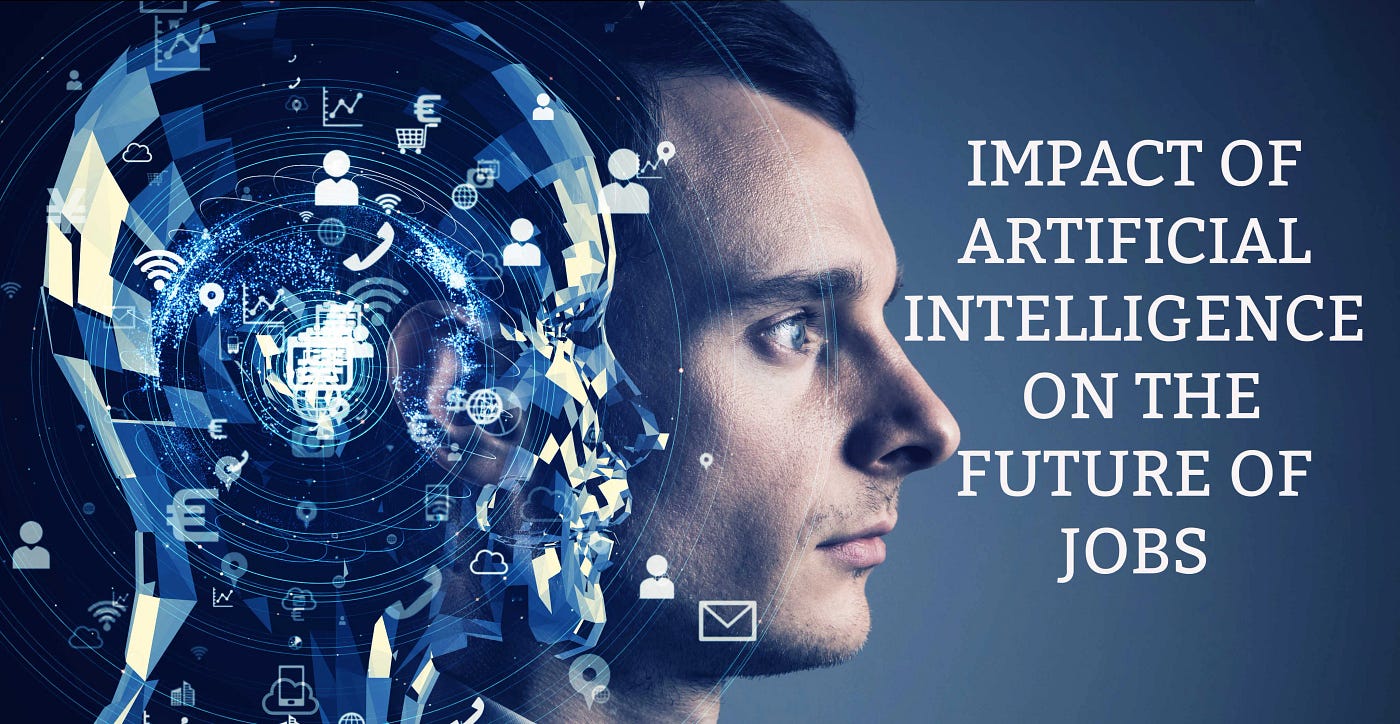In a pioneering move that blends artificial intelligence with human resource strategy, SR University has filed a patent application for a novel system designed to evaluate the impact of AI-driven recruitment and selection processes on employee performance and retention. The patent, titled “System and Method for Evaluating the Impact of AI-Driven Recruitment and Selection on Employee Performance and Retention,” marks a significant milestone in the intersection of technology, talent acquisition, and organizational development.
What’s the Patent About?
The proposed system aims to analyze how AI-based recruitment tools influence key workforce metrics such as:
Employee performance over time
Retention rates across departments and roles
Hiring accuracy and job-role alignment
Bias detection and mitigation in selection algorithms
By integrating machine learning models with HR analytics, the system can track long-term outcomes of AI-assisted hiring decisions. This includes evaluating whether AI-selected candidates outperform traditionally hired employees, and whether algorithmic matching leads to better cultural fit and job satisfaction.
Why SR University’s Innovation Matters
SR University, located in Telangana, has emerged as a hub for cutting-edge research in AI, data science, and human-centric technologies. This patent reflects the institution’s commitment to solving real-world problems through interdisciplinary innovation.
In recent years, AI has revolutionized recruitment — from resume screening and chatbot interviews to predictive analytics for candidate success. However, few systems have attempted to measure the downstream effects of these tools on employee outcomes. SRU’s patent fills this gap by offering a framework for continuous evaluation and feedback.
This innovation could be a game-changer for:
HR professionals seeking data-driven hiring strategies
Tech companies building ethical AI recruitment platforms
Policy makers interested in regulating algorithmic hiring practices
Startups aiming to scale with lean, AI-powered HR teams
The Technical Edge
According to the patent filing, the system uses a combination of:
Natural Language Processing (NLP) to analyze resumes and interview transcripts
Predictive modeling to forecast performance and retention
Feedback loops to refine AI algorithms based on real-world outcomes
Dashboard interfaces for HR managers to visualize trends and insights
The system also includes mechanisms for identifying bias in AI recommendations and adjusting parameters to ensure fairness and inclusivity.
AI Patenting on the Rise in India
SRU’s patent joins a growing wave of AI-related intellectual property filings in India. The Indian Patent Office has reported a surge in AI patents since 2020, especially in sectors like healthcare, education, and enterprise software. However, AI in HR remains a relatively untapped domain, making SRU’s contribution both timely and trailblazing.
Experts note that for AI inventions to qualify for patents in India, they must demonstrate a tangible technical effect — such as improved accuracy, speed, or resource utilization. SRU’s system meets this criterion by offering measurable improvements in recruitment outcomes.
SRU’s Broader Vision
This patent aligns with SR University’s broader mission to foster innovation across disciplines. With strong programs in engineering, business, and computer science, SRU encourages students and faculty to pursue research that bridges academia and industry3.
The university’s emphasis on AI and machine learning is evident in its PhD programs, startup incubators, and partnerships with tech firms. This latest patent adds to SRU’s growing portfolio of intellectual property, which includes inventions in IoT, smart agriculture, and data security.
Sources: SRU Official Site, LawBhoomi

